Hacking an MSN password
Hackers continue to hack into a group

Hacking an MSN password
Hackers continue to hack into a group

Everyone can hack, it's a myth to think that hacker is reserved for geeks who wear glasses with incredible computer knowledge! Contrary to popular belief, MSN is not dead. There are still a huge number of users who have MSN accounts and continue to use them. This is why we are going to focus on the methods that can be used to hack the password of this online account.
MSN is one of the most widely used electronic services in the world. If you have it, it is very likely that you may have been the victim of a computer attack or an attempted computer attack.
Indeed, computer attacks against electronic accounts are common events. So what are the techniques that can be used to hack your MSN account password?

This is the first method we’ll discuss. PASS REVELATOR is a software tool that enables you to recover the password of any MSN account. There’s no complicated setup required—in fact, the software is designed to simplify your life: just one download and one installation are all you need. Once installed on your device, it allows you to retrieve the password for any MSN account of your choice. Built for broad accessibility, it doesn’t require technical expertise.
As mentioned above, using it is straightforward—just follow these three steps:
You should only install the software on your own device to avoid any awkward or compromising situations.
Try PASS REVELATOR now via the official website: https://www.passwordrevelator.net/en/passrevelator
Apart from this method, do you know of any others?
Here is another list that may shed some light on the subject:
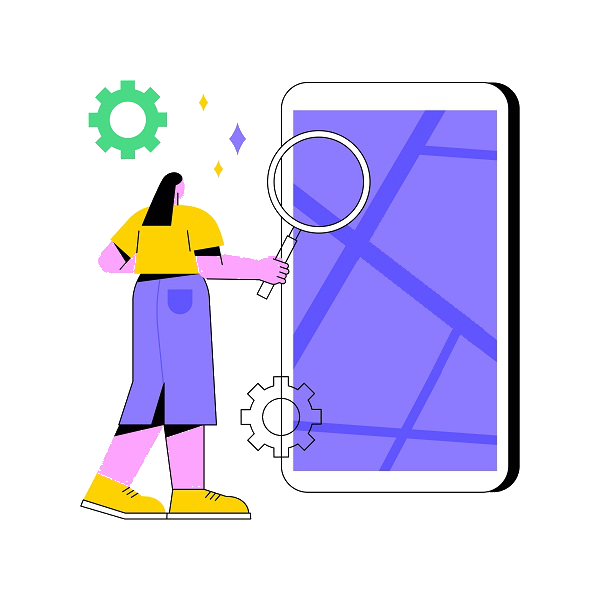
We are not talking here about malware as such. Indeed, there are software programs that have been designed to carry out legal surveillance. Take for example parental control programs that are often deployed on smartphones or computers to allow parents to monitor the activity of their children on their computing devices. There are also professional monitoring software that can be used by bosses to find out what employees are doing during their working hours, especially during telecommuting.
They are not computer programs that have been designed for malicious use. However, they can be misused and used for hacking to trace a person's traffic on the Internet or to find out what a person is doing with their computer device in their hands. It will be very easy for a person with bad intentions to find out which platforms the targeted person visited and which identifiers they could have used. What is terrible with this kind of computer program is that it is often installed with the agreement of the targeted person or which is already pre-installed, because originally it is not something that poses a real problem.. Unfortunately, there are illegal surveillance software that are installed through the back door or physically by going to the targeted computer user's device. They often known as " stalkerware ". These household spyware are used to hijack online accounts. The most incredible thing is that you can get them very easily on the Google Play Store or in other alternative application stores.
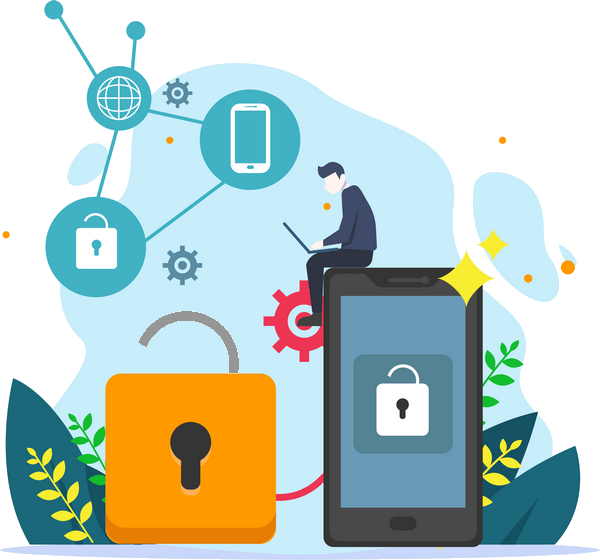
Similar to parental control software that can allow a parent to control a computing device remotely, there are malware programs that provide the ability for their users to have some control over the corrupt terminal. This kind of computer program exists in several categories, for example:
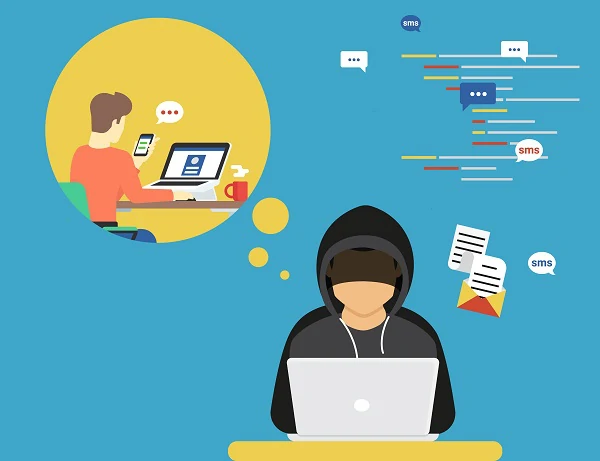
Password reset is often used by hackers in order to hack your passwords and of course to hijack your accounts. The technique is so simple that the designers originally wanting to help users who have lost their passwords did not think that it could also backfire on them. First the hacker will try to log into your online account. While he does not know your password, he will simply click on reset password. You receive a reset attempt alert by email or SMS. If you have never linked your account to your phone number for this kind of problem, the hacker can take advantage of the technique of social engineering to recover the code you will receive. This is a technique that works most of the time when the person trying to target you knows you. He can for example call you and ask that you give him the code that you received by message claiming that the recipient was wrong. Of course, this is the verification code that authenticates your identity during the reset. If you inadvertently send him this code, your online account will be automatically hacked. authenticate your identity when resetting. If you inadvertently send him this code, your online account will be automatically hacked. authenticate your identity when resetting. If you inadvertently send him this code, your online account will be automatically hacked.
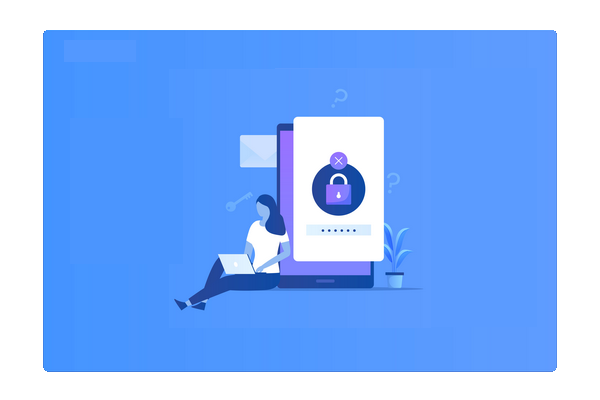
The technique of brute force attack is also a great classic in the field of account hacking. We can say that it is one of the techniques most regularly used in the context of hacking since it consists of trying out several attempts at combinations, letters, symbols and numbers in order to know which one can match the target account password. This is a very meticulous technique that requires a lot of patience and technique. Combination tests are done using tools that automate tasks that will facilitate hacking in the sense that the software that generates combinations and tries them automatically is adapted to user behavior using special algorithms. In other words, if users make up their passwords taking into account their birthday or numbers related to their professional world, the algorithms will establish a set of combinations that meet these criteria to determine the correct password. The duration of a brute force attack varies depending on the computing power of the hacker's device, the algorithms used for decryption as well as the complexity of the password. Therefore, we are talking from a few seconds to several months. There is a variation of the brute force attack called the dictionary attack. The hacker uses thousands of combinations that come from a database of already composed passwords. This is information that most often comes from massive data leaks from several online platforms or even computer hacks. The objective is to try all these combinations in order to know which one corresponds to that of the target. Coupled with automated software, the technique is very promising and can cause enormous damage.

It is commonly known as Keylogger. It is used primarily to collect all the information that a person enters on the keyboard of his computer. Being a malicious program, its deployment is most often done manually through execution from a USB key. It can also be installed using the Trojan horse but this requires a certain level of hacking knowledge. When deployed on a computing device, anything typed on the keyboard can be picked up by the hacker. Which of course includes your login credentials. On the other hand, the keylogger is useless when it comes to the virtual keyboard, which excludes the usefulness of this pirate software on most smartphones and computers.
To address this weakness, another app has been designed: Screen Recorder. It is not necessarily a malicious program. Indeed, a screen recorder is widely used in the professional field for the purpose of sharing information or activities during remote collaboration. But in the hands of hackers, it becomes a powerful spy tool. When the screen is spied on, the use of the virtual keyboard cannot prevent the hacker from knowing your login credentials and this is precisely what greatly exposes you.
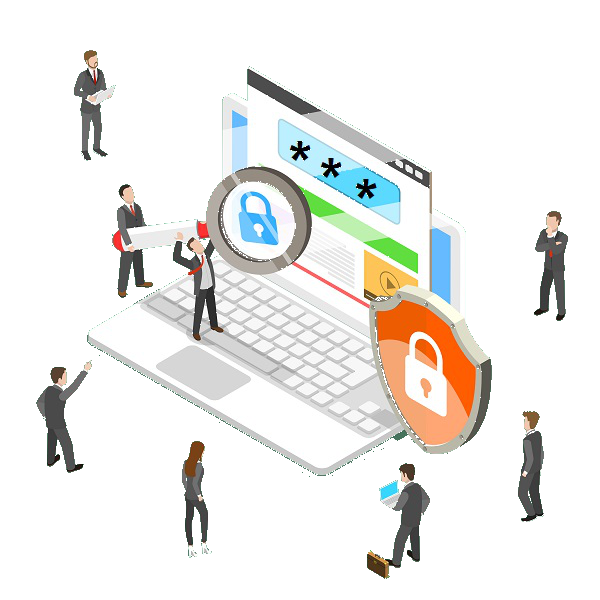
It often happens that when we use browsers to log into another online account, we save the login credentials to facilitate our future logins. This is very practical and saves us from wasting a lot of time. Unfortunately, once the password is saved in the browser, it is stored in a handler that is not sufficiently well protected. Therefore, if a hacker or someone close to you can physically access your device, they can also access the browser and steal login credentials. Knowing that no protection has been deployed to avoid this, your password is his thank you.
Attacks against MSN passwords are increasing more and more, that's why you have to be disciplined in the way you manage your accesses and of course your passwords. Everything lies in the discipline you have decided to adopt. We must avoid risky behavior and have a healthy digital life.
Hacking into someone's MSN account without their consent is illegal and considered a violation of privacy laws in most jurisdictions.
PASS REVELATOR and similar tools are designed for hacking purposes and their use without explicit permission from the account holder is unethical and potentially illegal.
To protect your MSN account, use strong, unique passwords, enable two-factor authentication, keep your devices secure, avoid suspicious links and downloads and regularly update your security software.
Yes, there are legal monitoring software available for parental control and employee monitoring purposes. However, their misuse for hacking is unethical and potentially illegal.
If you suspect unauthorized access to your MSN account, immediately change your password, enable two-factor authentication and review your account activity for any suspicious behavior. Contact MSN support for further assistance if needed.
Using public Wi-Fi networks poses security risks as they can be prone to hacking and snooping. It's advisable to use a virtual private network (VPN) for added security when accessing sensitive accounts like MSN.